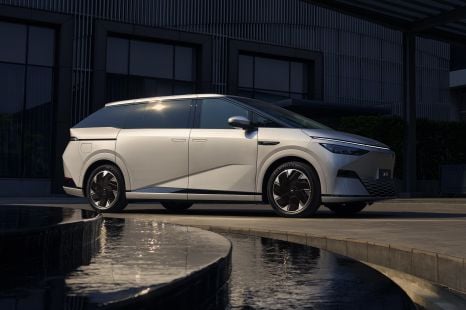

William Stopford
Will 2026 be the year of the people mover in Australia? China seems to think so
6 Hours Ago
The Audi Q2 isn’t the newest small SUV on the block, but if you’re after a premium yet compact crossover, it could be one of the nicest.

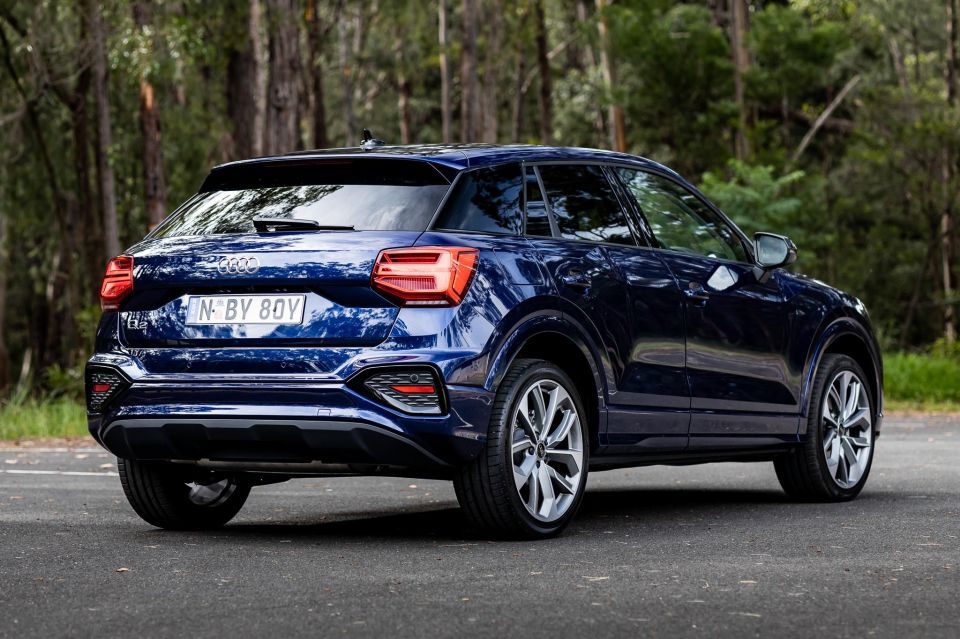

Quickly see how this car stacks up against its competition. Select any benchmark to see more details.
Where expert car reviews meet expert car buying – CarExpert gives you trusted advice, personalised service and real savings on your next new car.
The Audi Q2 range launched here back in early 2017, and it’s now early 2024. Yes, this is an ageing model, but clearly here to hang around until there’s some form of electric compact replacement.

It was updated in 2021, and again at the start of 2024 with some additional standard equipment and technology… but there are some telltale signs that this isn’t not the freshest fish at the market.
Even so, there’s nothing stinky here. In this review you’ll find out why the Audi Q2 still has some excellent attributes, and may still be the best fit for you if you’re in the market for a luxury compact SUV.
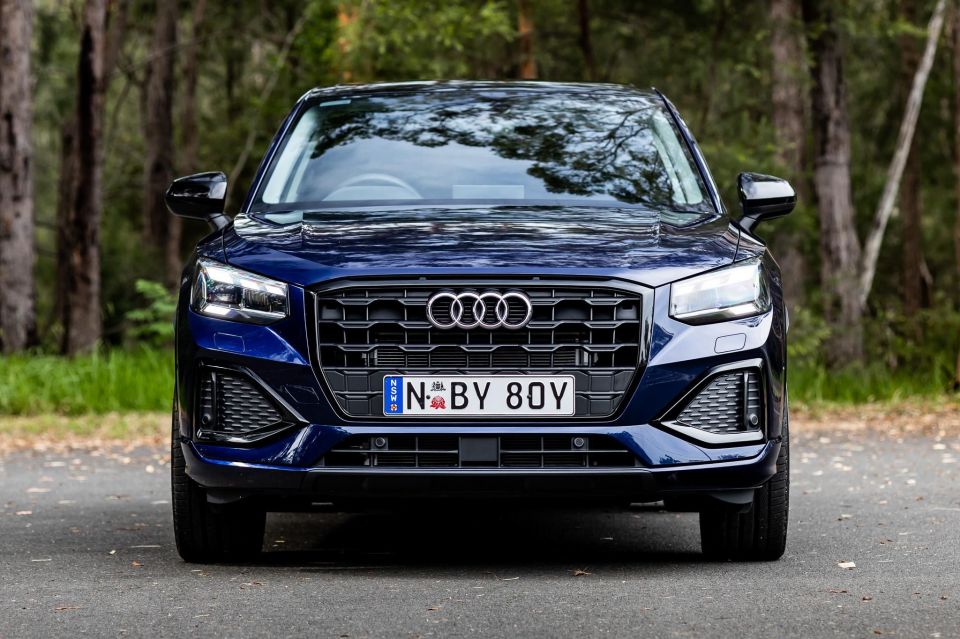
2024 Audi Q2 pricing:
Prices are before on-road costs
Options fitted:
To see how the Audi Q2 compares with its rivals, use our comparison tool.
Buy your new car without the stress. It's fast, simple and completely free.

Great service from Travis and team, second time I have used this business would not hesitate to recommend them to anyone
Craig C.
Purchased a Ford Ranger in Sunshine Coast, QLD
CarExpert helped Craig save thousands on his Ford Ranger, now let us save you on your next new car.
Find a dealThere are elements of the Q2’s interior that are quite endearing, including the TT-style circular air-vents, which make this cabin feel a little bit more sporty than it otherwise might.
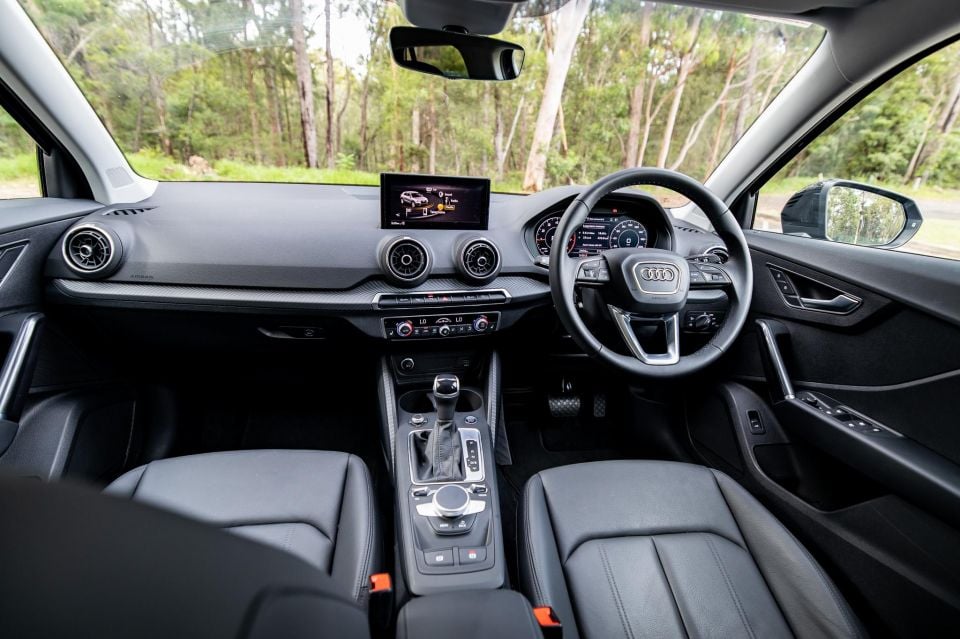
I also really like the coloured ambient lighting fitted to this car, which is an optional fitment, but worth the small extra spend.
The Virtual Cockpit setup is extremely handy for getting at-a-glance details too, though as good as it is, the maps graphics are pretty old hat. It does however feel quite different to newer models in the brand’s range, not that that’s necessarily a bad thing.
The primary outdated item is the media screen, which is not a touchscreen. You have to use a rotary dial controller to manage things such as your commands for sat nav, radio, settings, and smartphone mirroring.
Anyone who owns a smartphone will be left feeling like they’ve been handed an old Blackberry and told it does everything their phone can; it just takes much more time, effort and thought to do it.
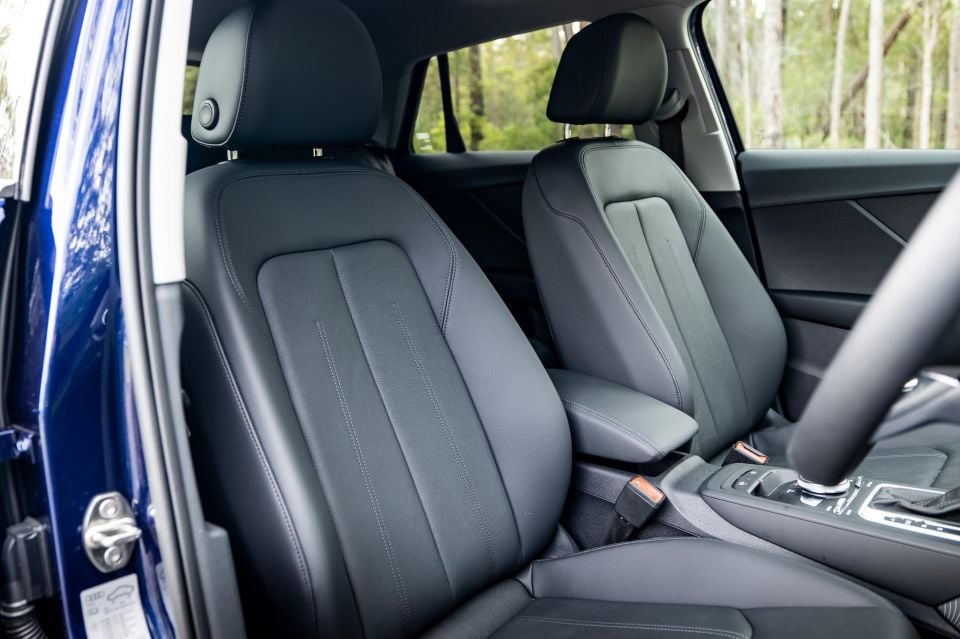
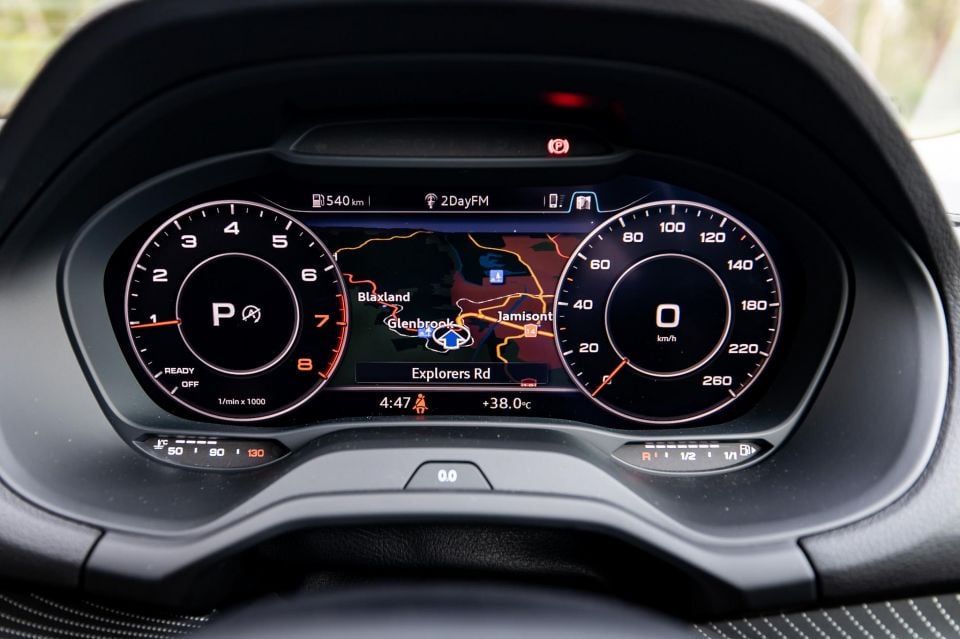
Suffice to say that you get used to it, but this tech was designed to mirror your phone’s screen on a touchscreen. That’s why it’s called smartphone mirroring. Anyway, there is a voice control system if you wish to adjust things that way, but it’s not quite as simple as just touching a screen would be.
But there are a couple of hot keys around that dial controller to make quick adjustments, such as radio, media, navigation, and phone.
For inputting destinations you can use your fingertip to type in letters on top of the controller but it’s not necessarily the simplest thing to do while driving. At least there’s an additional rotary dial with controls for volume and tuning/track adjustment.
Unlike some other models that had this generation of technology in them, the media screen doesn’t retract. In turn it does seem a bit more like a stick-on screen than anything else.
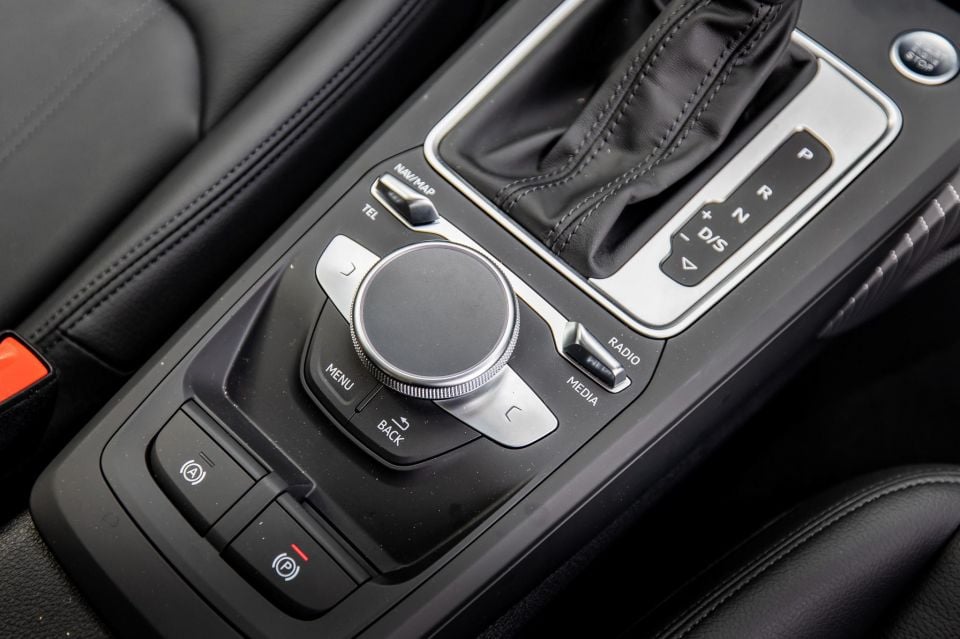
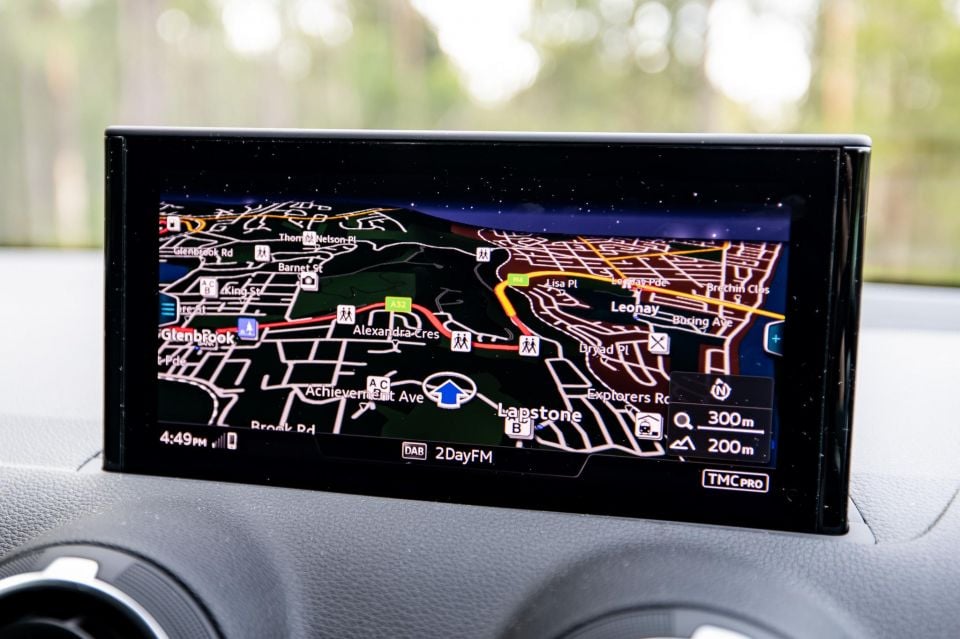
There are a number of controls for elements of the drive experience with buttons for the start-stop system, auto parking and parking sensors (some of those are blanks if you don’t option packages). There’s also a screen off button.
Thankfully all the climate control functions do still have buttons and dials to make things all the simpler while you are driving.
Material finishes are quite good, with soft padded sections on the elbow pads and across the dash top. Some hard plastics remain though.
Storage is okay, but nothing better. There is a pair of cupholders in front of the gear selector, and you also get a wireless phone charger in the covered centre console bin. In the doors there are pockets large enough for a big bottle and some extra stuff, but they aren’t lined so things will rattle around in there at times.
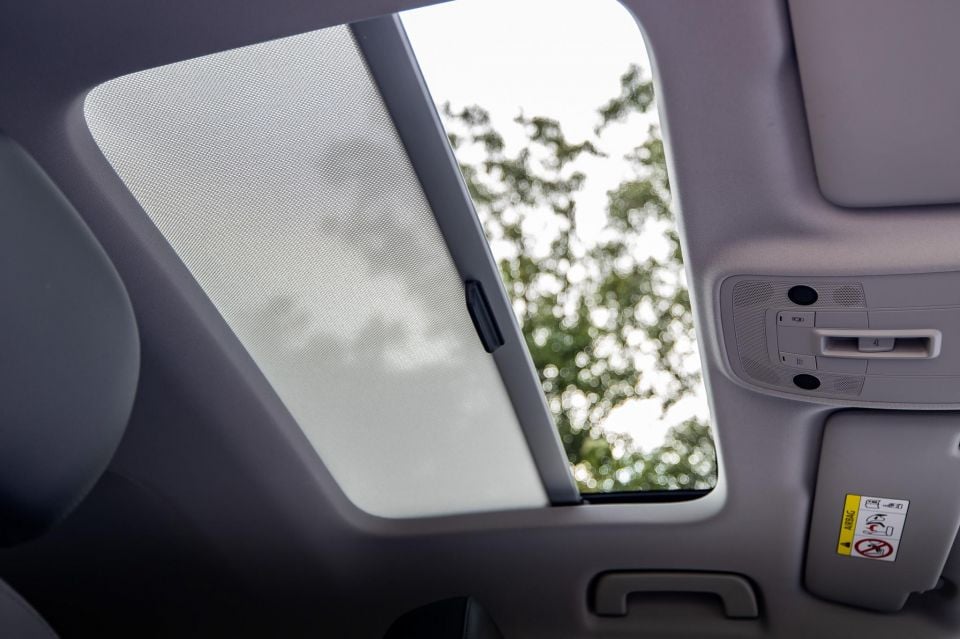
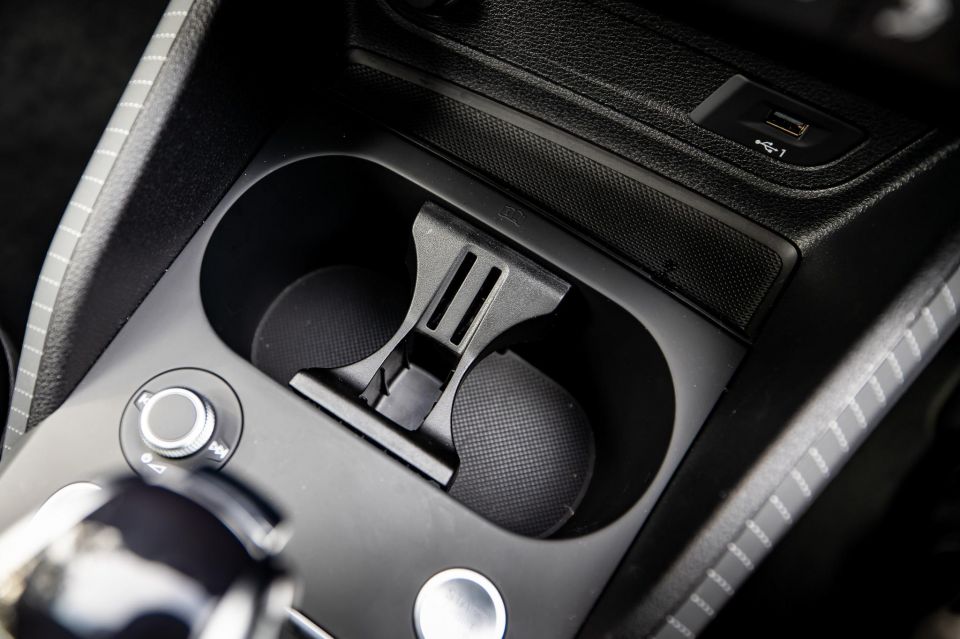
The Q2’s luxury intent is a bit at odds with the manual seat adjustment for both front seats. I actually don’t mind manual adjustment – but if you are constantly swapping drivers with someone who’s notably taller or shorter than you, it might be annoying.
You still get seat front seat heating as part of an option pack, but the nice leather-appointed trim is standard.
It also features the older-style Audi steering wheel with the little column-mounted stalk for the cruise control system rather than being buttons on the wheel. Nitpicking, but the controls on the steering wheel don’t align with what your brain might think – the right scroll wheel is for the volume, and the left one is for the driver info screen.
When it comes to backseat accommodation, the Audi Q2 is pretty decent for its compact dimensions.
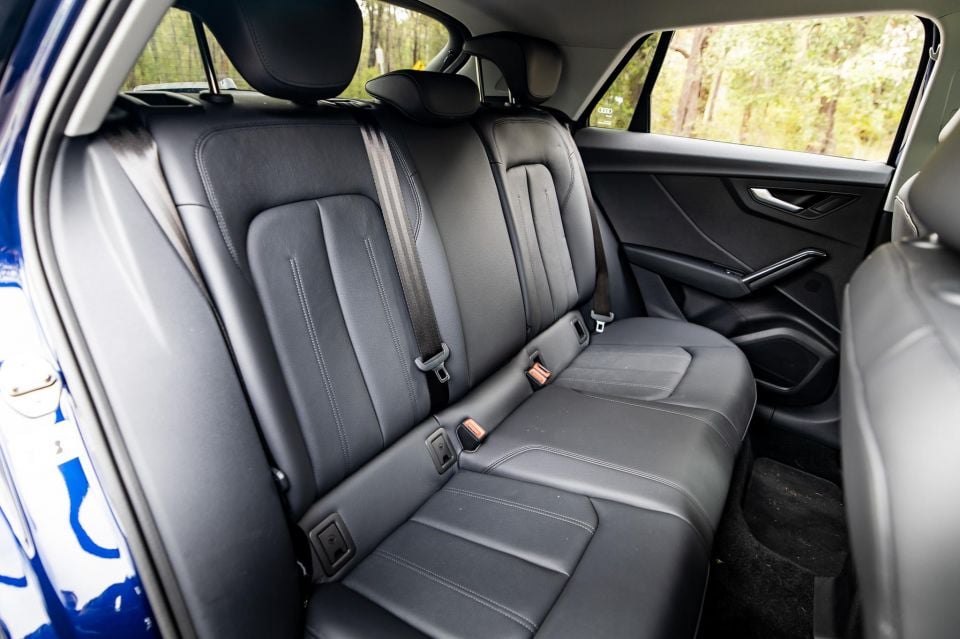
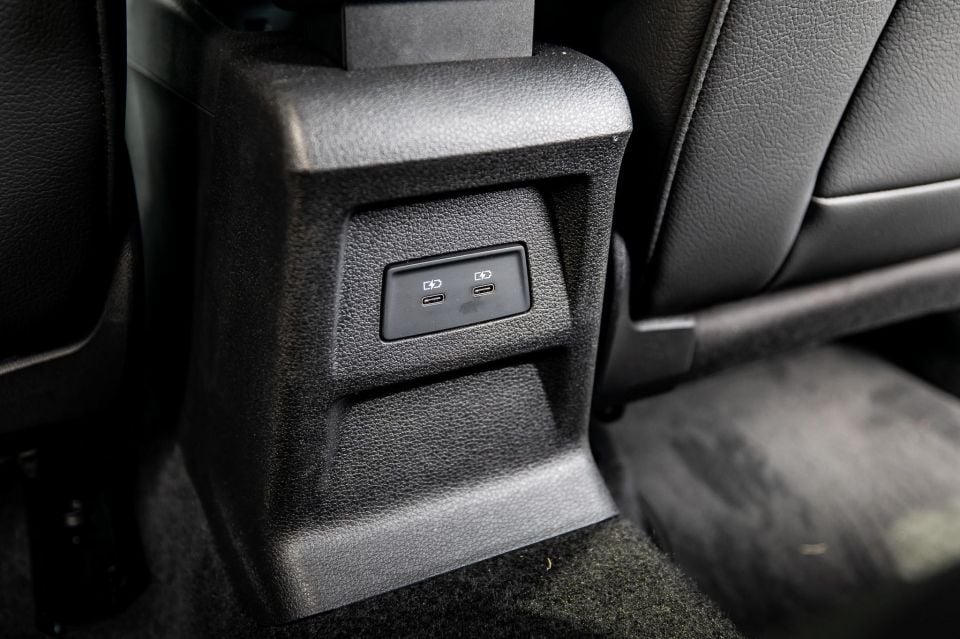
With the driver’s seat set for me (at 182cm/6’0”) I had just enough room to fit in the back, though my knees were firmly planted against the seat ahead, and while headroom and shoulder room is decent, if you try and fit three people across the back it won’t be.
There are no directional air vents in the second row, which makes it a bit of a hard sell for people with younger kids, and while you do get a decent amount of amenities, you don’t get a fold down armrest with cupholders either.
There are cheaper, harder plastic finishes in the back too, as well as a big transmission tunnel intrusion to contend with.
So it’s hardly a go-to family SUV for those on a budget who are looking for an Audi, but the Q3 is a really good alternative to this, if you do need something just a bit bigger and a bit more practical.
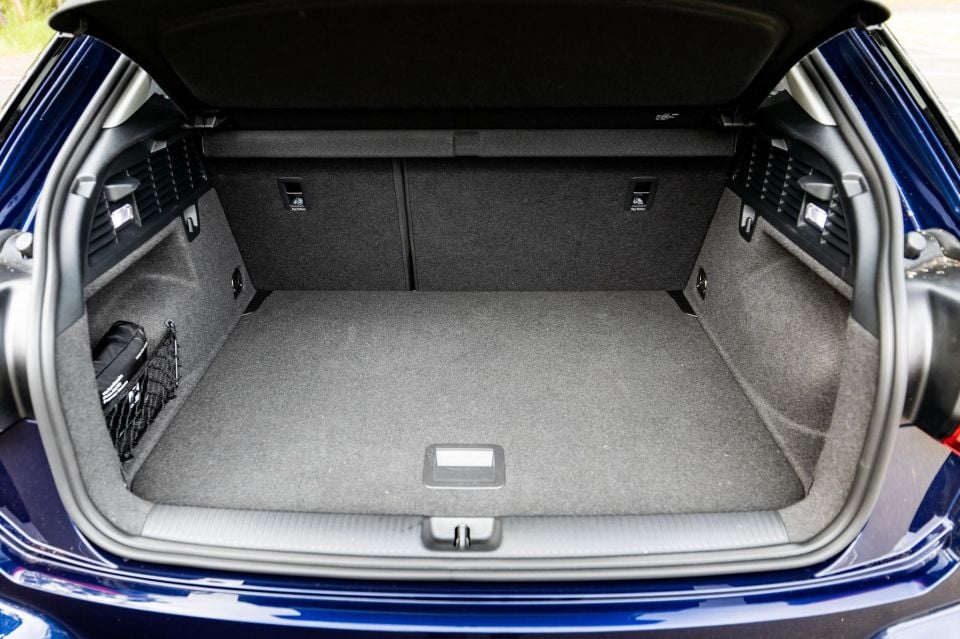
What isn’t impractical about the Q2? It is the size of the boot space, which is a pretty decent capacity at 405 litres.
There is no spare wheel which is not ideal, but you do get tyre pressure monitoring and a tyre repair kit. Audi hasn’t made the most of the space where the spare would have gone either because you can’t really store anything substantial under the boot floor.
This base model Q2 35 TFSI gets a pretty sparky little powertrain, running a 1.5-litre four-cylinder turbo-petrol engine producing 110kW of power (5000-6000rpm) and 250Nm of torque (1500-3500rpm).
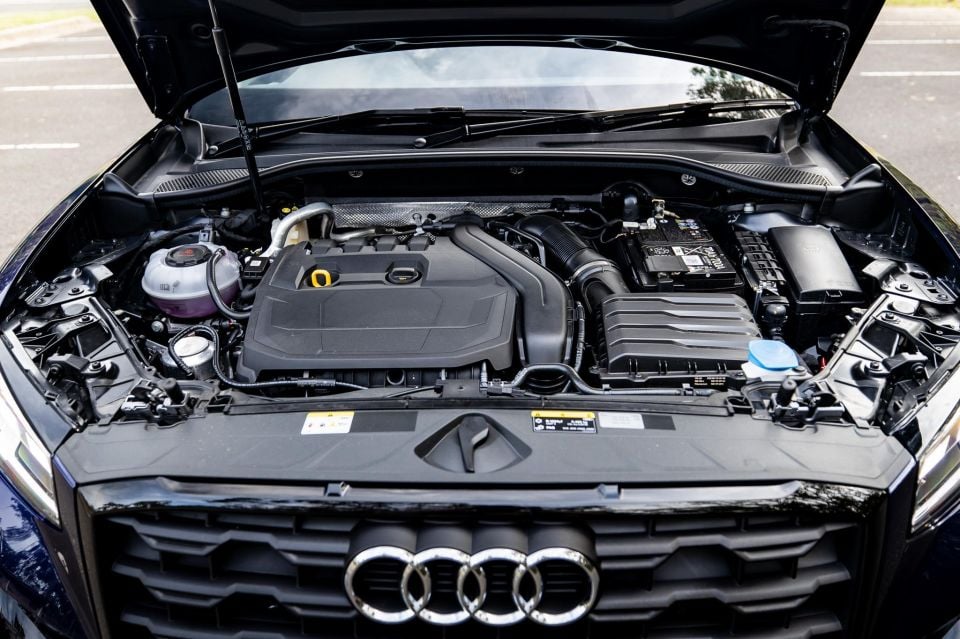
It makes use of a seven-speed dual-clutch (S tronic) automatic, and is front-wheel drive. The 35 TFSI model has a claimed 0-100km/h time of 8.6 seconds, which is hardly exciting, but it’s sprightly enough.
It also has a pretty enticing fuel economy figure. Audi quote an official combined cycle number of 5.2L/100km.
The car can partly achieve that kind of frugality because it has cylinder-on-demand tech, meaning it can run on fewer cylinders under light loads. It also has start-stop, but keep in mind it requires 95 RON premium unleaded petrol.
Over my week with the Q2, I saw a respectable return of 6.1 litres per 100km over a mix of urban traffic, highway, open road and freeway testing.
If those numbers don’t really do it for you in terms of performance, the step up to the gruntier 40 TFSI quattro (140kW/320Nm) or the more manic SQ2 (221kW and 400Nm; 0-100km/h in 4.9 sec) might be more up your alley.
This spec of Audi Q2 is a polished and likeable little car to live with, and while it is hardly setting the benchmark for the segment in terms of driving attributes in any particular way, it is very well rounded in the way that it behaves itself.
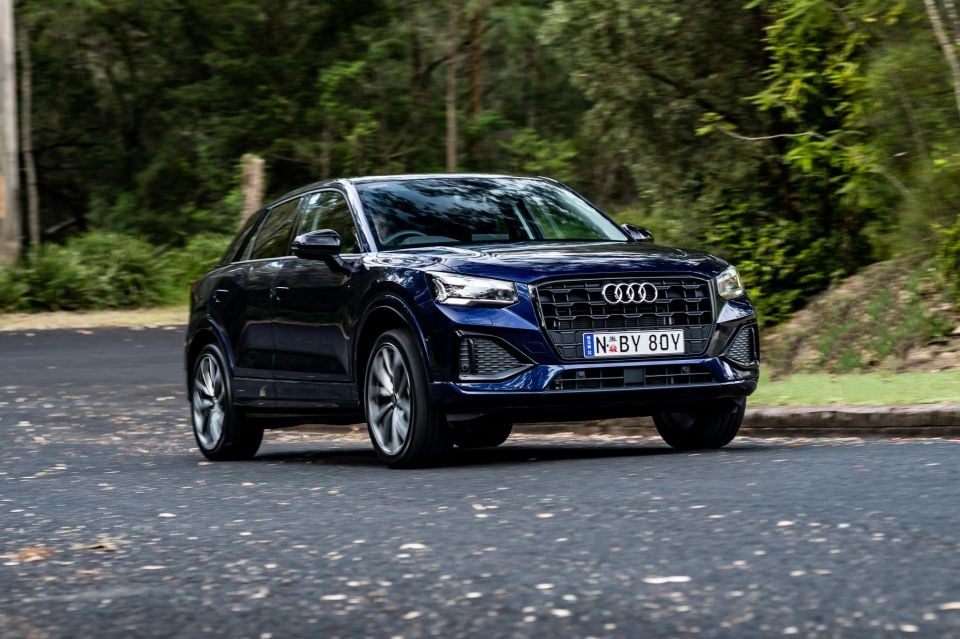
The powertrain is familiar from other Volkswagen Group products, and this four-cylinder does offer easily enough poke for urban duties, and it feels just as at home for the freeway as well.
I drove around town, on the open road, and did some M4 commuting in Sydney traffic, and aside from a bit of noise intrusion at higher speed, I found it to be quite a nice companion for all those tasks.
There’s a good amount of pulling power when required – whether it be from a standstill or at pace when you’re trying to overtake.
The seven-speed dual-clutch automatic (DSG) is a terrific transmission for this application, offering snappy response to sudden throttle inputs, but also not exhibiting too much in the way of hesitation or lag at lower speeds.
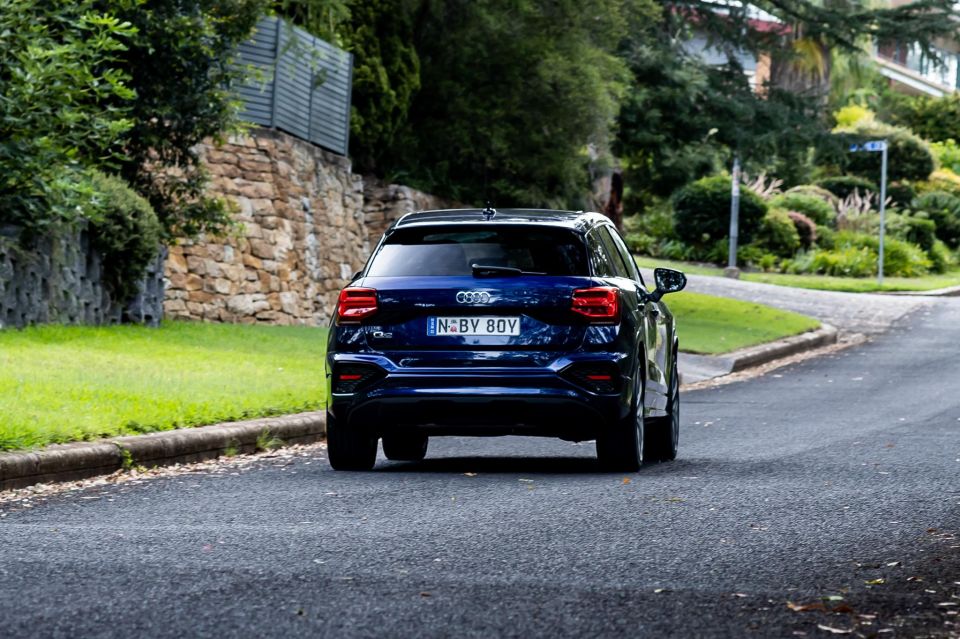
There is still some lag to contend with in some situations, if you have the start-stop system active especially, but it is a pretty decent powertrain for the daily drive. If the road is wet, though, you might also notice that the front tyres can scrabble for traction.
I like the way the Q2 steers. It has a bit more of a meaty and weighty feel to the steering and some other Audi models, and that fits the character of this little bulldog of a car.
I call it that because it feels like it has a broad stance for such a compact vehicle. It does feel nicely planted on the road, with enjoyable handling in corners, and it’s also pretty fun to pilot around town.
What is absent from this entry level grade though, are different drive modes. I don’t necessarily care all that much whether it has drive modes or not, if the standard drive behaviour is acceptable. In this case it’s better than acceptable, but some people out there might wish that it did have a button to change its characteristics.
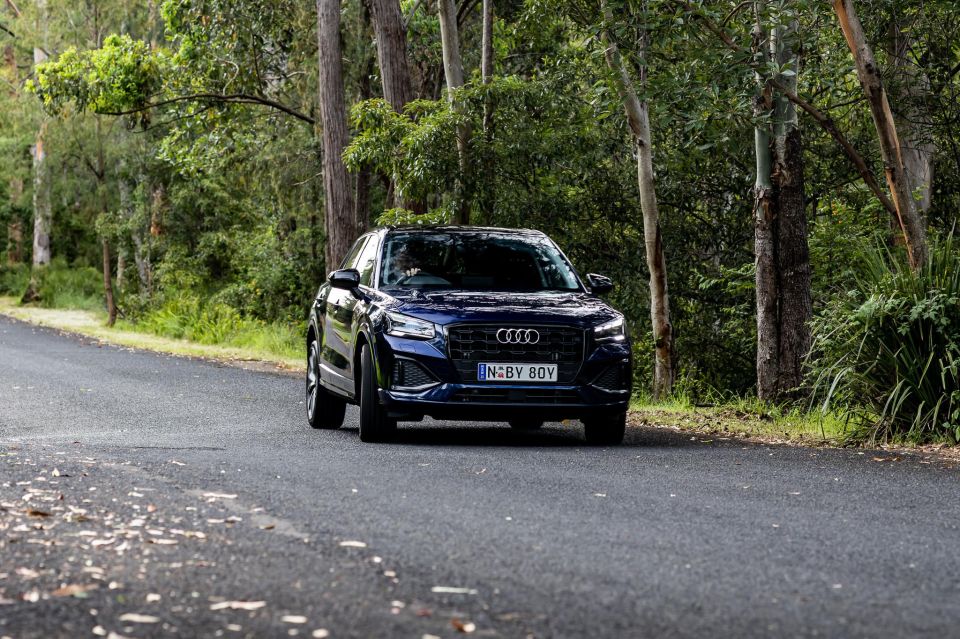
The ride also is very good for this type of car, especially given its short wheelbase. It feels controlled in a mix of different scenarios, and while the front axle can shudder a little bit over sharp edges, it is well balanced in general driving situations.
Also remember this version of the Q2 has a torsion beam rear suspension layout, so it isn’t the most sophisticated in terms of changing direction in corners, or when you hit a mid-corner bump.
In urban driving and commuting situations however, it is perfectly suitable for ride comfort (and I’ve driven the SQ2, which has a punishing ride, and it makes this car feel like an absolute joy).
As for parking manoeuvres, There are also front and rear parking sensors, as well as a reversing camera. There’s no surround-view available on this spec, or any Q2. If you option the Comfort Package you also get an auto parking system.
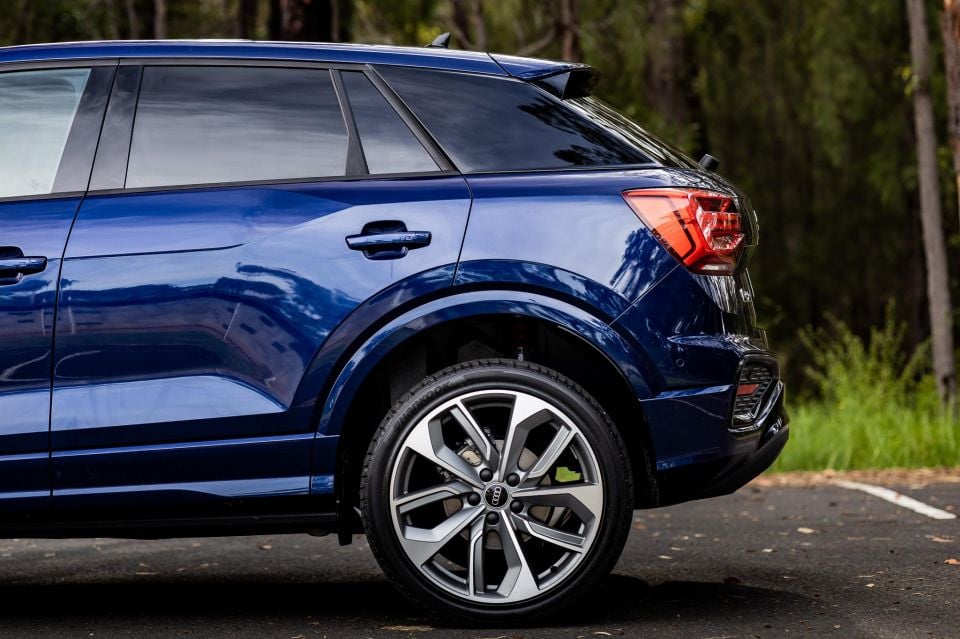
Where expert car reviews meet expert car buying – CarExpert gives you trusted advice, personalised service and real savings on your next new car.
Yes, the Q2 is a small car, but your vision around it isn’t optimal. There’s a restricted view over your shoulder and the reversing camera display isn’t terrific.
The experience of this base Q2 would be enough to make me say that you don’t really need anything better than what this offers at this kind of money.
Sure, it doesn’t have the same level of ‘wow’ factor in terms of adaptive chassis control, or some of the drive mode smarts of other vehicles at this price point, but the all-round package in this base grade is very good in my opinion.
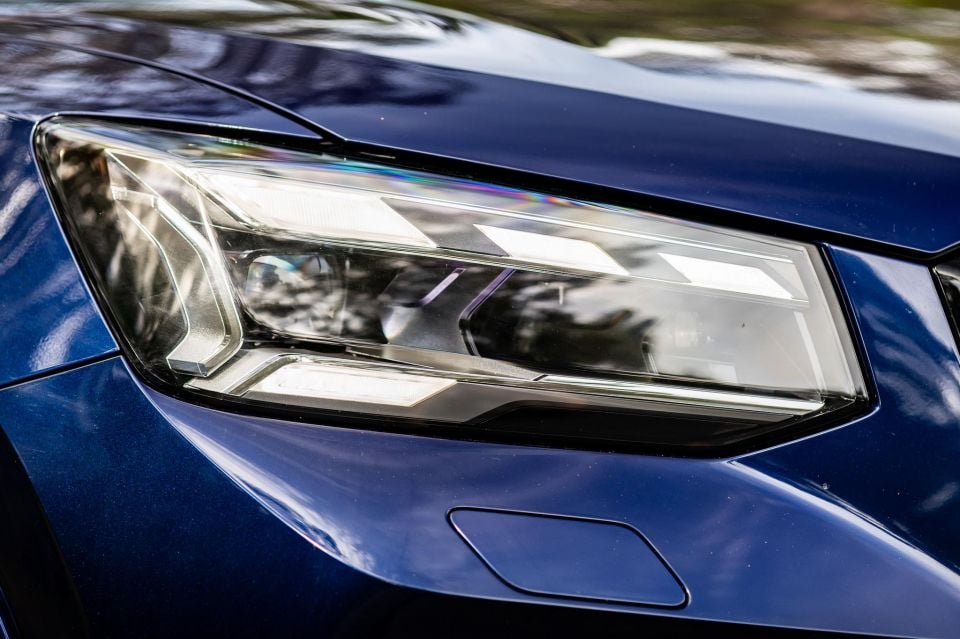
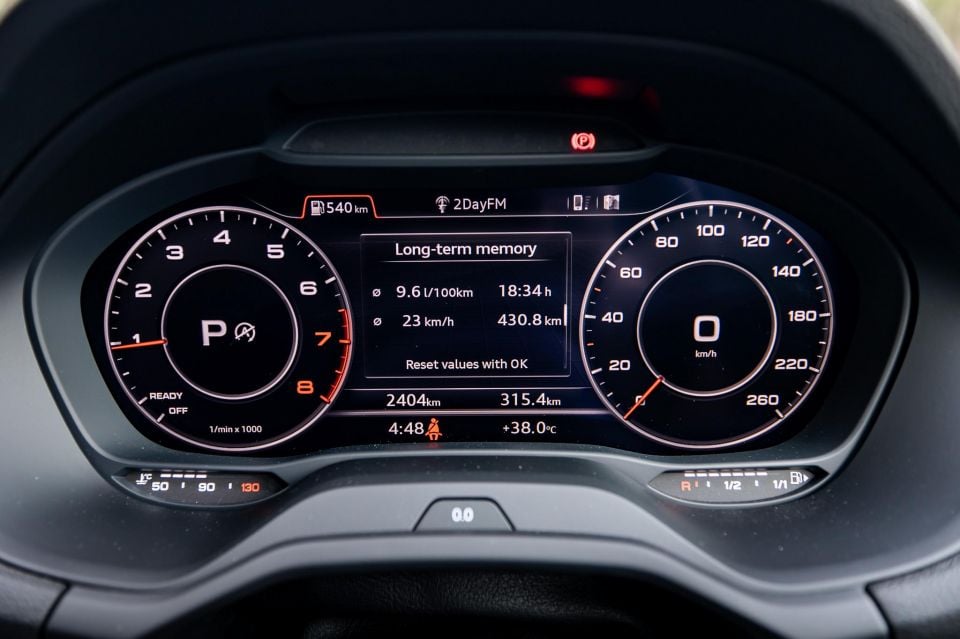
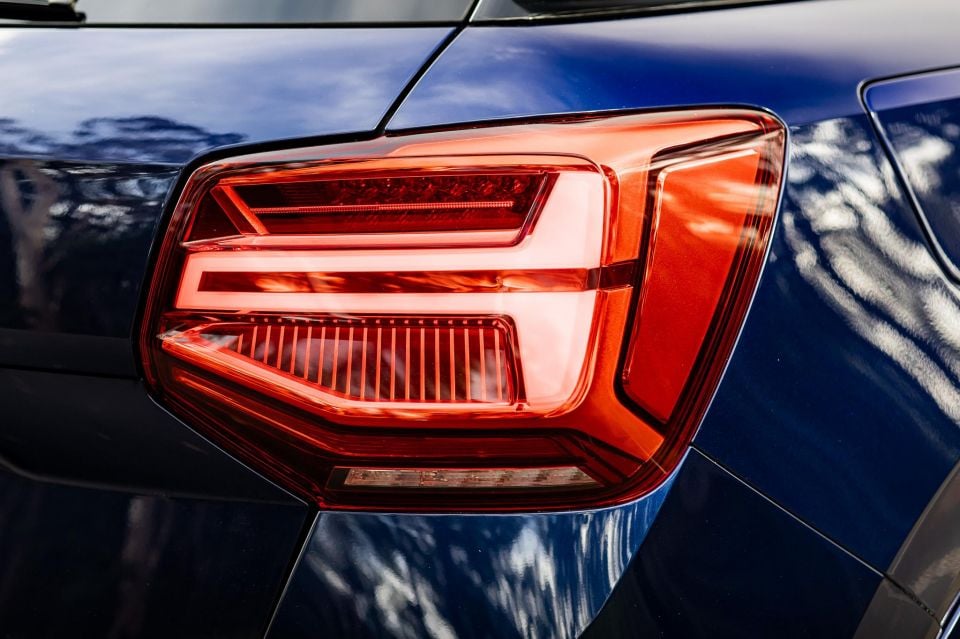

Audi Q2 35 TFSI highlights:
The Audi Q2 received a maximum five-star ANCAP rating back in 2016, but that score has now expired, and as such, it’s unrated.
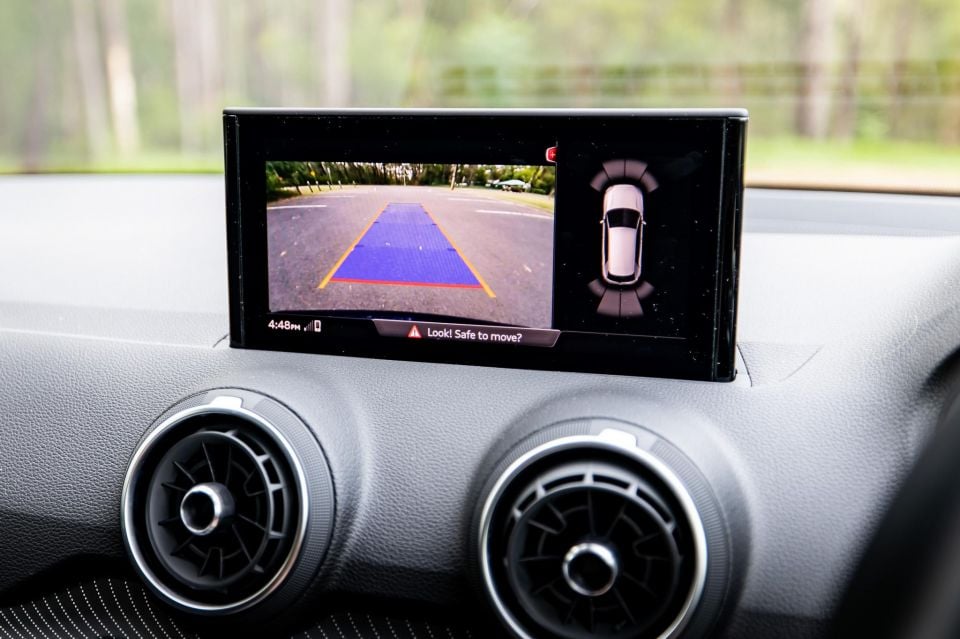
However, the range was updated for 2024 onwards with an array of new standard safety equipment, including:
There’s also other stuff, including blind-spot monitoring, a reversing camera, front and rear parking sensors, and six airbags (dual front, front side, full length curtain). There’s also tyre pressure monitoring.
Audi buyers get a five-year, unlimited kilometre warranty, and there’s a three-year roadside assistance plan for new-car customers.
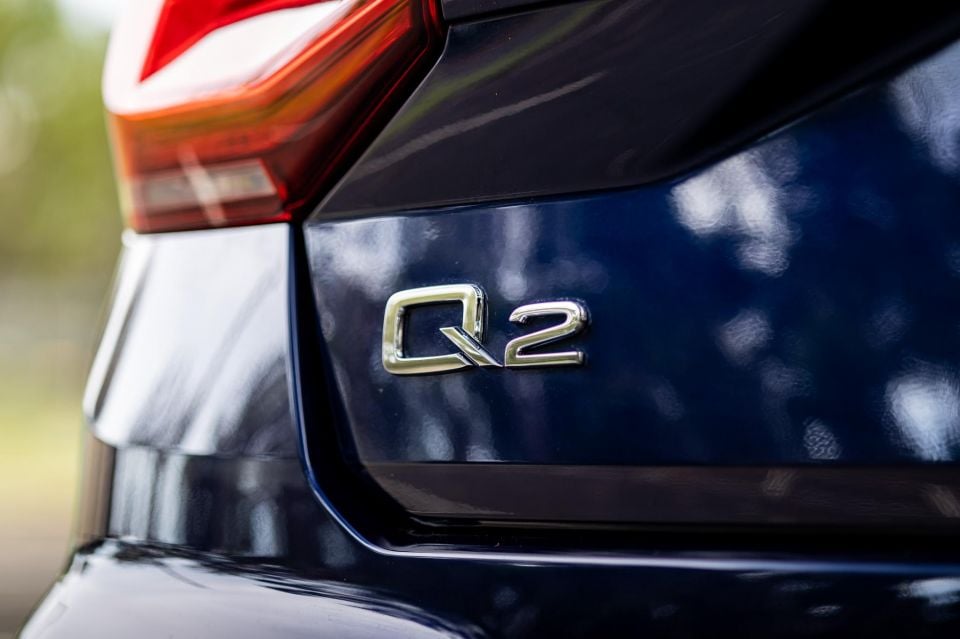
Audi has a few different ways to maintain your Q2. You can pay as you go for maintenance, with intervals every 12 months or 15,000km.
Or, you can prepay with a five-year/75,000km service plan that costs $2600, or $520 a year on average. Not too bad.
It’s showing its age in a few ways, but for a buyer who wants a premium and pint-sized crossover SUV – and don’t want to spend big bucks to get it – this could be a great choice.
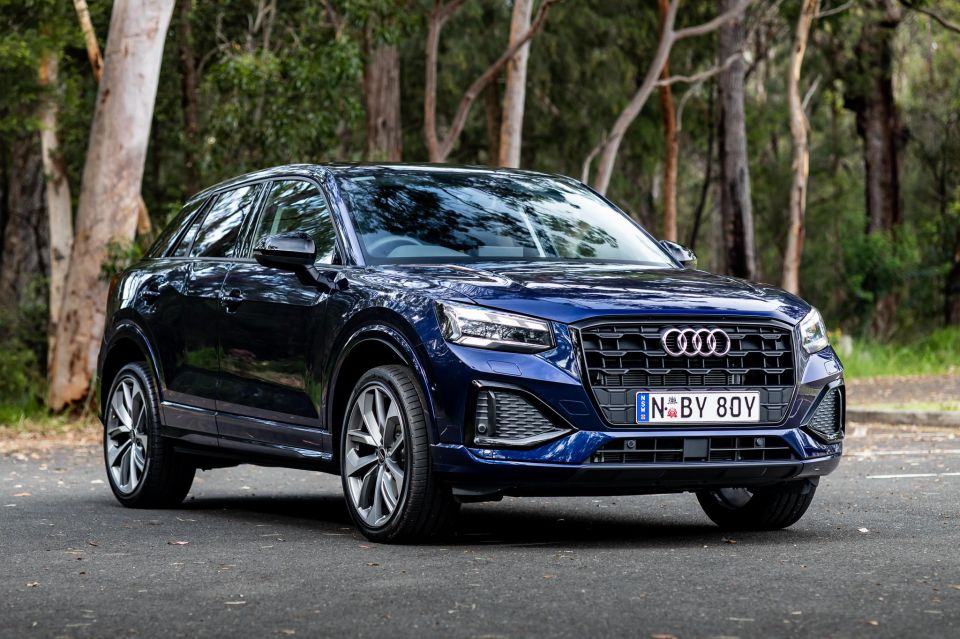
Unless you really need or want more power or all-wheel drive, the base Audi Q2 35 TFSI is a compelling small SUV option. It mightn’t fit everyone’s needs, but for those it does, it’s a lovely thing.
Click the images for the full gallery
BUY: Audi Q2 MORE: Everything Audi Q2
Where expert car reviews meet expert car buying – CarExpert gives you trusted advice, personalised service and real savings on your next new car.
Matt has more than a decade of experience in automotive journalism, and loves exploring the pros and cons of new cars, delving into deep-dive industry stories, and going for a drive just for the fun of it.


William Stopford
6 Hours Ago
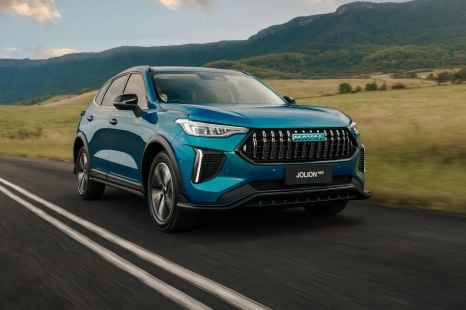

Max Davies
6 Hours Ago
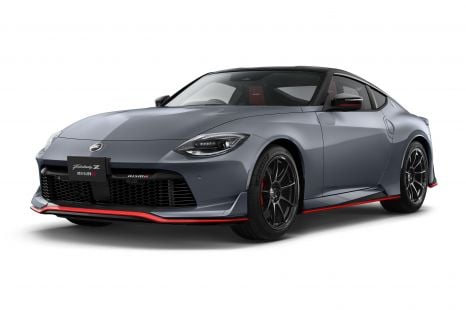

Derek Fung
7 Hours Ago
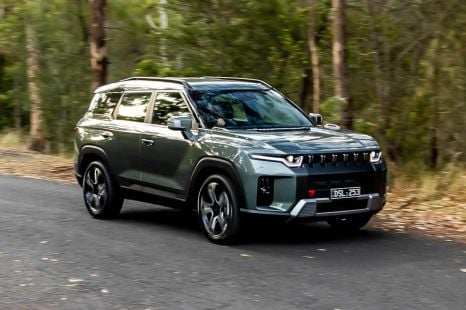

Matt Campbell
14 Hours Ago
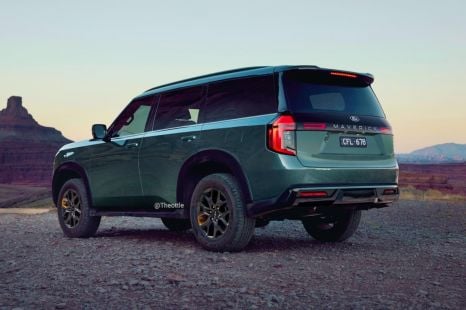

Ben Zachariah
1 Day Ago
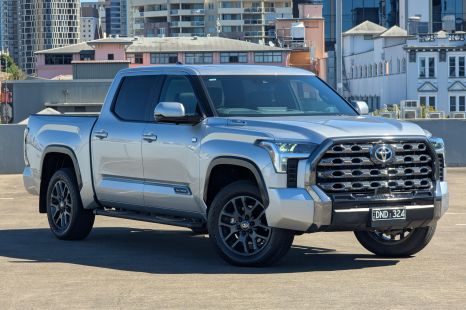

Damion Smy
1 Day Ago